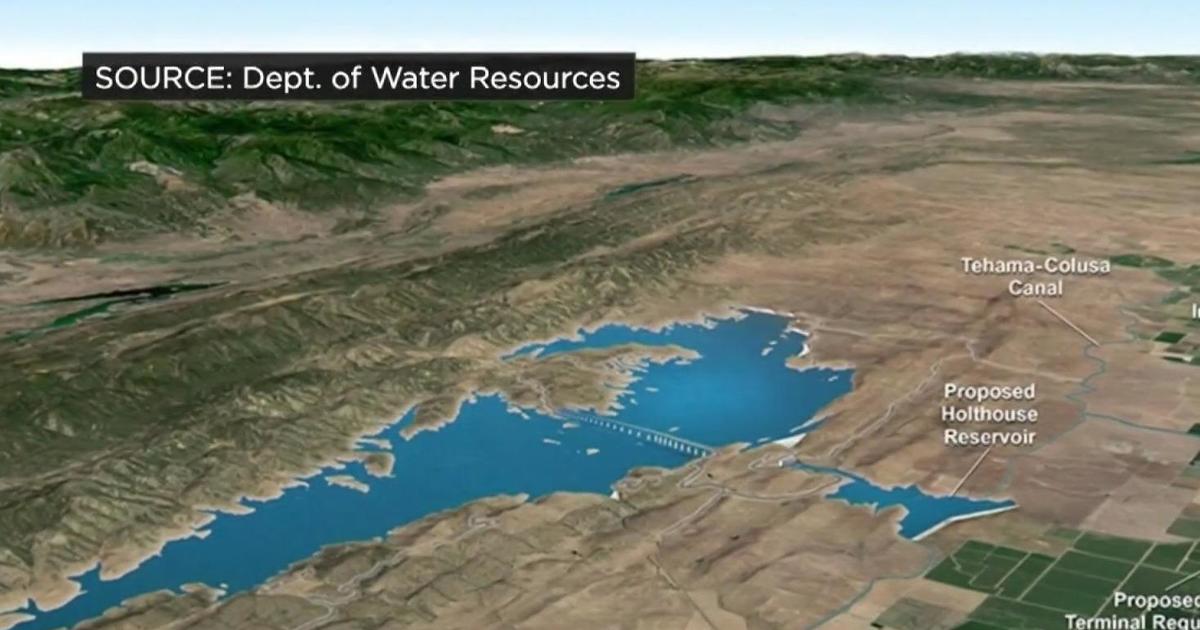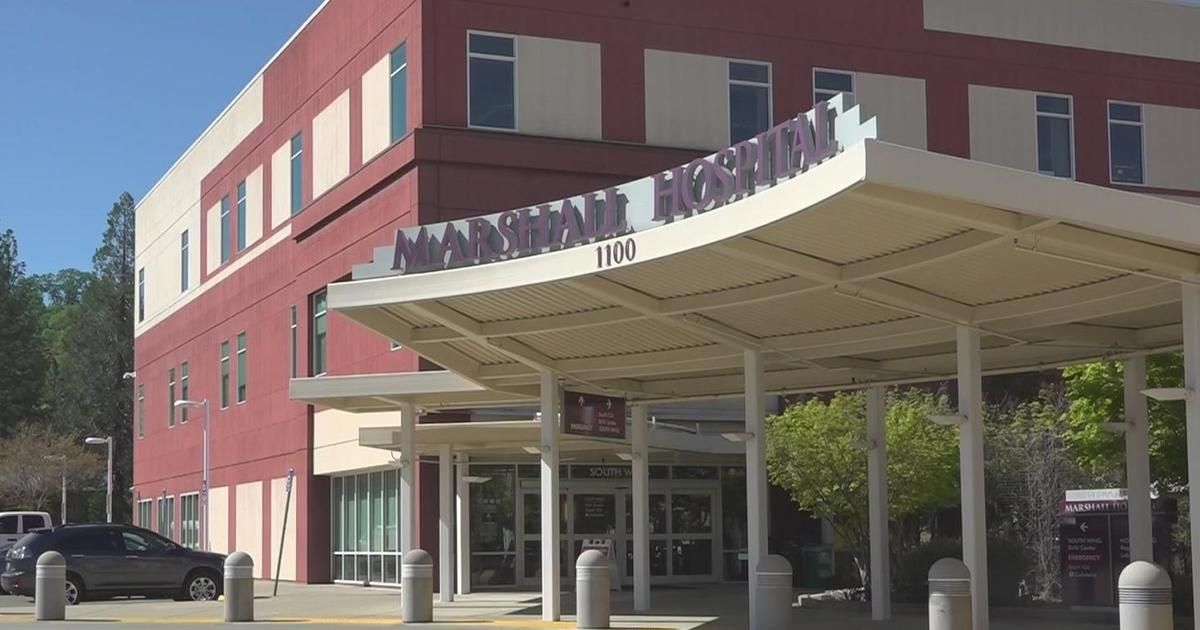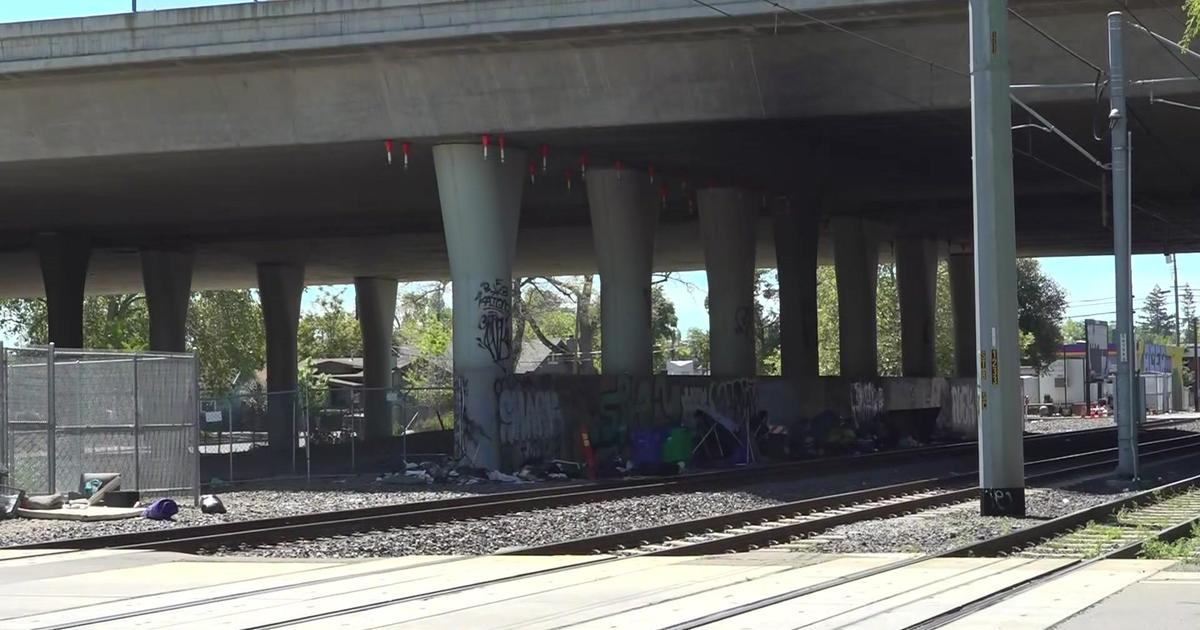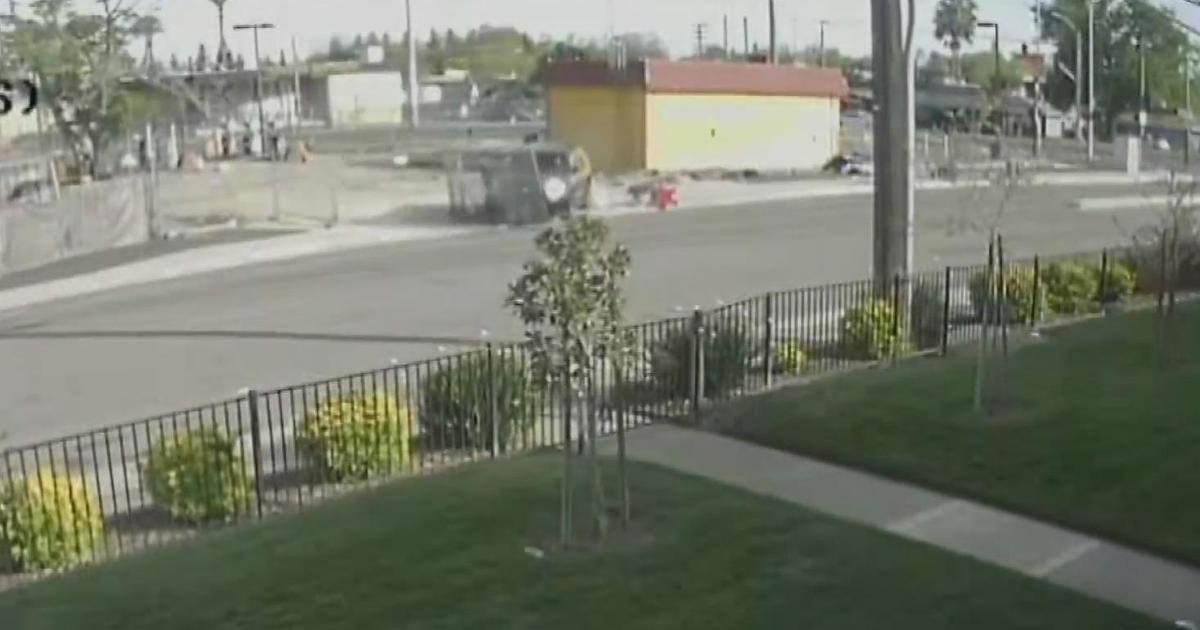Calif. DMV Now Requires Organ Donor Answer
LOS ANGELES (AP) -- There are about 100,000 people in the U.S. who would tell you the hours you spend waiting in line at the DMV are not a waste of your life -- unless you fail to become an organ donor while you're there.
As of this month, California requires all license and identification card applicants to answer "yes" or "no" on whether they want their license to bear the pink dot identifying them as a donor.
The number of Americans who chose to donate is approaching 100 million, but because so few deaths leave organs in transplantable condition, less than 1 percent end up donating.
Transplant and donor networks -- and more than 100,000 people waiting for organs -- hope putting the question more directly to drivers in the nation's most populous state will boost the rate of Californians willing to donate. Previously, applicants could simply ignore the question and still have their paperwork processed.
In California, 28 percent of drivers chose to give up vital organs and tissues after death in 2010, well below the national average of 40 percent.
Transplant donor groups began pushing for the change to the DMV application after noticing that drivers are far less likely to decide to donate their organs if they apply for a license in person at the DMV office.
Online, about 41 percent of renewal applicants agreed to be donors, compared to 34 percent of renewals by mail and 22 percent of license applicants at DMV offices.
State Sen. Elaine Alquist, a Democrat from Santa Clara, took up the issue last year with a bill that sailed through the legislature unopposed. The adjustment to the forms is minor and doesn't change much for the department -- it just forces drivers to take the question seriously, said Department of Motor Vehicles spokesman Jaime Garza.
Proponents hope to increase the number who sign up at offices by a few percentage points, from 25 to 27 percent, through the new law, said Bryan Stewart, a spokesman for OneLegacy, a Southern California donor network that that matches available organs to patients at 215 hospitals and 12 transplant centers.
One of the reasons donation rates are lower in California might be the nature of the state itself, where a diverse and transient population makes residents feel less connected to their neighbors, Stewart said. Alaska and Montana, which don't draw outsiders to the same degree, have organ donation rates of 76 percent among adult drivers, he said.
States that have the highest number of donors are "states where people live there out of choice and their families have been there for generations, a whole bunch of people are English-speaking and understand the question being asked, and you're dealing with a general feeling of volunteerism," said Stewart.
The focus on the DMV is key for transplant donor groups: though some enroll for organ donation through health fairs and online, roughly 98 percent of all donors in the U.S. enroll when applying for licenses.
There will always be those who are so harried by waiting at the DMV that they simply won't take the time to consider heavy afterlife decisions.
Tyler Padayao recently answered "no" to the question on his California's driver's license application, even though he has received a donated tendon that was surgically inserted into his knee.
Padayao, 28, said he declined to donate because he didn't have time to consider the question thoroughly on the spot.
"Honestly, what you do is fill out the application first, so I rushed to fill it out and get in line," said Padayao, adding that he had to make it to a physical therapy appointment after the DMV. He hopes his implanted tendon will help him return to and advance a career in professional volleyball.
Padayao, a native Hawaiian, says Californians seem more self-absorbed than island people -- 42 percent of Hawaiians elect to donate organs.
"California is just so me, me, me, me, me all the time," said Padayao. "People here are so willing to take."
Stewart acknowledged that the DMV wait times and hassle are a disadvantage that will persist, new law or not. At home, unsure drivers applying for renewal can research the question and make more informed decisions.
Meanwhile, demand for organs has outstripped supply.
Less than 1 percent of people who elect to donate end up having their organs harvested because so few scenarios leave people brain dead, with oxygen still pumping to organs and tissues keeping them alive for transfer. And the types of deaths that leave organs in transplantable condition -- such as major head injuries and driving accidents -- are decreasing.
At the same time, demand is increasing, in part because so many Americans struggle with obesity, and obesity-related illnesses that often result in the types of complications that require transplants.
Dave Hollon volunteers to visit DMV offices and educate employees on how to answer questions about organ donation. The 51-year-old also visits health fairs and public events to represent OneLegacy and dispel myths -- he says the most common is the false belief that being a donor results in inferior care following an accident.
Hollon has undergone two live-saving transplants in the last decade: He first received a kidney from his brother, and later a pancreas from a stranger.
That stranger was a 16-year-old Lacey Rodia, who was left brain dead by a February 2006 car accident and had elected to become a donor when applying for her first driver's license. Because she was a minor, Rodia's parents still needed to approve the organ donation.
"She showed maturity and presence of mind way beyond her years," Hollon said of Lacey. For her parents, "it gave them some peace of mind that -- given at that time of tragedy -- they were respecting her wishes."
(Copyright 2011 by The Associated Press. All Rights Reserved.)



